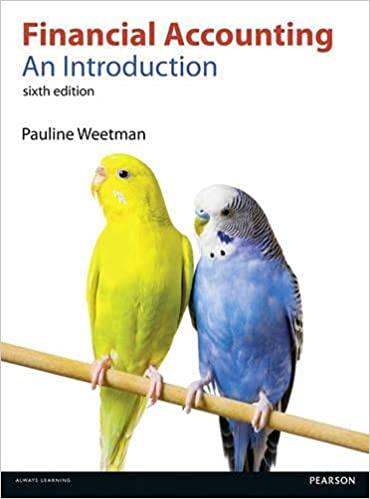Answered step by step
Verified Expert Solution
Question
1 Approved Answer
What Problem Was the Sarbanes - Oxley Act ( SOX ) Attempting to Address? The Sarbanes - Oxley Act of 2 0 0 2 was
What Problem Was the SarbanesOxley Act SOX Attempting to Address? The SarbanesOxley Act of was introduced in response to a series of significant corporate and accounting scandals that shook the foundation of the financial markets. The early s were marked by highprofile collapses of companies like Enron, WorldCom, and Tyco International, which collectively highlighted systemic issues in corporate governance, accounting practices, and financial reporting. The common thread across these scandals was a widespread manipulation of financial statements, a lack of transparency, and failures in the auditing process, all of which ultimately led to massive losses for investors and a sharp decline in public trust in the financial markets. At the core of the problem was the failure of corporate governance mechanisms. These companies were able to obscure their true financial conditions through deceptive accounting practices such as hiding debts, inflating earnings, and misrepresenting financial risks. Enron, for instance, notoriously used offbalancesheet entities to conceal billions in debt, while WorldCom engaged in improper accounting entries to overstate its earnings by billions of dollars. This type of financial manipulation was enabled by weak internal controls and governance practices, which allowed executives to falsify information without detection. Another key issue was the lack of auditor independence. In many cases, the external auditors responsible for certifying these companies financial statements were also providing lucrative consulting services to the same firms, leading to conflicts of interest. For example, Enrons external auditor, Arthur Andersen, not only audited the companys books but also provided extensive consulting services, which may have compromised its ability to objectively evaluate Enrons financial health. This conflict of interest raised concerns about the integrity of the audit process and the reliability of financial statements. Moreover, the absence of accountability among senior executives further exacerbated the problem. CEOs and CFOs of companies like Enron and WorldCom were not held personally responsible for the accuracy of their companies' financial statements, which allowed for an environment where financial misreporting could occur with impunity. Without a mechanism to ensure executive accountability, financial misstatements and fraud could go unchecked for extended periods, as was seen in these corporate failures. The cumulative effect of these corporate scandals was a severe loss of investor confidence in the US financial markets. Investors were left questioning the reliability of financial reports, the independence of auditors, and the ability of the market to regulate itself. The collapse also revealed weaknesses in existing regulations, particularly with respect to the oversight of financial reporting and auditing practices. In light of these systemic failures, the SarbanesOxley Act was introduced to restore faith in the corporate reporting process by tightening financial regulations, improving corporate governance, and enhancing the accountability of corporate executives.
Step by Step Solution
There are 3 Steps involved in it
Step: 1

Get Instant Access to Expert-Tailored Solutions
See step-by-step solutions with expert insights and AI powered tools for academic success
Step: 2

Step: 3

Ace Your Homework with AI
Get the answers you need in no time with our AI-driven, step-by-step assistance
Get Started


